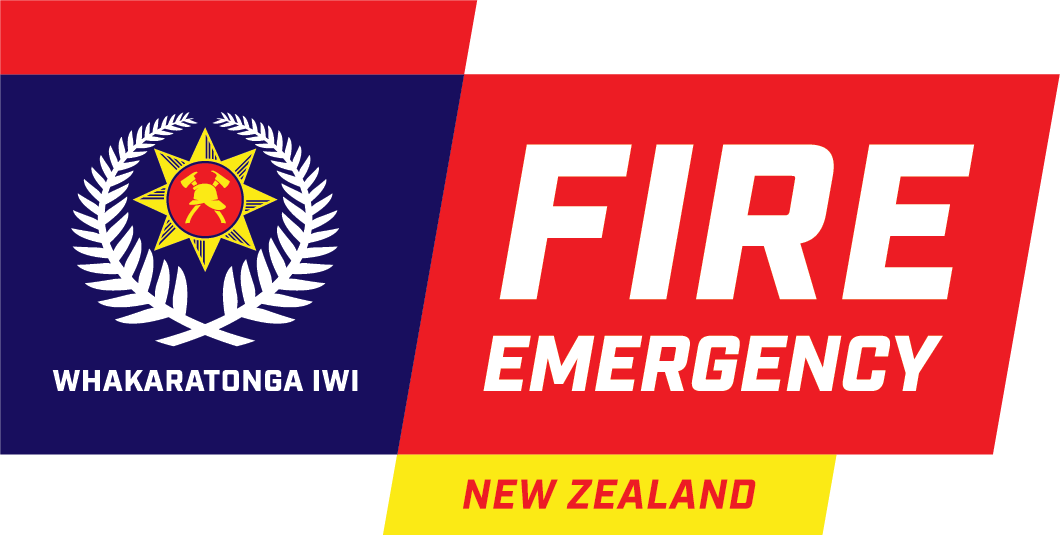Risk assessment framework - identifying personnel at higher risk from COVID-19 infection
https://portal.fireandemergency.nz/covid-19/resources/assessing-high-risk-individuals/risk-assessment-framework-identifying-personnel-at-higher-risk-from-covid-19-infection/Based on the Government guidance Fire and Emergency have developed the Service Delivery COVID-19 Protection Framework and NHQ COVID-19 Protection Framework, to provide health and safety measures for all personnel, to keep you safe while you continue to undertake duties during the COVID-19 pandemic.
Ministry of Health guidance identifies that certain individuals are at higher risk of severe illness if they contract COVID-19.
This has changed from the previous guidance issue in April, so Fire and Emergency has amended the policy for those people who are considered higher risk, to further support you to continue to work where it is safe to do so.
If you are in this higher risk group, and have been undertaking duties, please rest assured that the Service Delivery COVID-19 Protection Framework and NHQ COVID-19 Protection Framework have been created to keep all of personnel as safe as possible. These additional considerations for higher risk is to further safeguard our personnel.
The risk assessment framwork is linked at the bottom of this page.
Definition of higher risk personnel
Those with underlying health conditions are considered at a higher risk of COVID-19 becoming a severe illness, especially if these are not controlled. Please refer to the relevant Service Delivery COVID-19 Protection Framework (SDCPF) for guidance on continuing on at each colour setting.
Relevant medical conditions include, but are not limited to:
- chronic lung disease such as cystic fibrosis, bronchiectasis, chronic obstructive respiratory disease and emphysema, severe asthma that needs multiple medications and medical care
- serious heart conditions such as congestive heart failure
- hypertension that isn’t well controlled
- diabetes that isn’t well controlled
- chronic kidney disease
- liver disease.
Conditions and treatments that weaken the immune system include:
- having chemotherapy or radiotherapy
- bone marrow or organ transplantation
- some blood cancers
- immune deficiencies including HIV infection
- immunity weakening medications such as high-dose corticosteroids and disease-modifying anti-rheumatic drugs that treat inflammatory forms of arthritis.
Over 70s
This risk can increase with age (particularly for people over the age of 70) or ethnic background (Māori and Pacific populations are also likely to experience the age-related risk earlier than the age of 70, partly because chronic health conditions are also often experienced at an earlier age), and as such, all personnel who fit within these groups should be assessed to confirm if they are higher risk.
Pregnancy
New evidence shows that pregnant women and newborn babies may be at greater risk of poor outcomes if infected with COVID-19. Pregnant and recently pregnant women (defined as within 6 weeks of birth, miscarriage, or termination) may consider taking extra precautions.
We recommend you talking to your midwife, GP or nurse practitioner around your risk of getting COVID-19, given your home and work environment. This should be followed up with a conversation with your direct manager.
Continuing assessment of risk
Fire and Emergency will continue to assess all risk factors regarding COVID-19, in particular related to health risk factors and guidance from Ministry of Health.
Document information
File type: PDF
File size: 266 KB
Transition: Developed new for Fire and Emergency
Document Information
| Owner | Last reviewed | Review cycle |
|---|---|---|
| DCE People | 2021-12-01 | annually |
Record of amendments
| Date | Brief description of amendment |
|---|---|
| 2021-12-01 | Updated for COVID-19 Protection Framework |
| 2020-09-22 | Updated information for pregnancy and minor edits |
| 2020-09-22 | Updated information for over 70s |
For help or feedback, please contact the Technicalwriters@fireandemergency.nz
